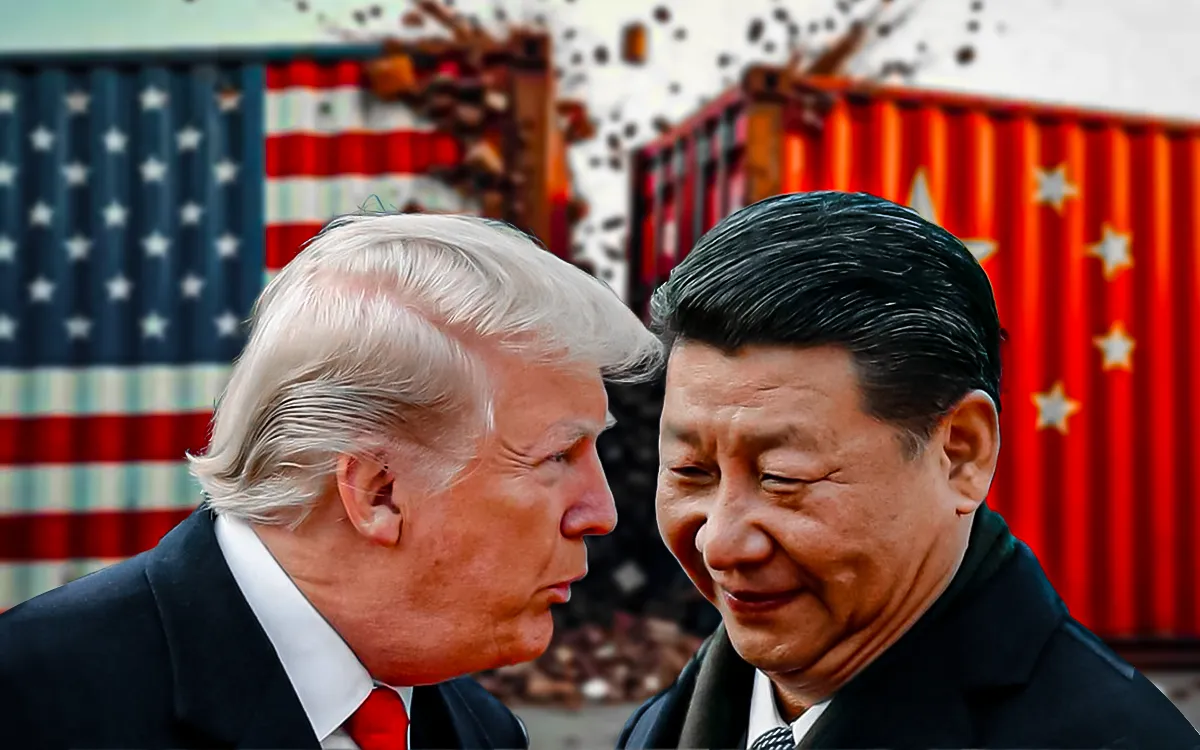
The US-China trade war raged on after new tariffs were just imposed on Chinese goods recently by Washington-this incited retaliation from China. Hefty as it sounds, the Trump administration recently imposed a 104 % duty on its inbound Chinese imports in a bid to correct trade imbalance and promote local manufacturing.
Thus, China raised its import taxes from the United States to another 34% on everything while bringing plans to further devalue the yuan in retaliation. This act blatantly shows that China is willing to "fight until it dies" in this trade war.
These tariffs are sending all kinds of havoc throughout the globe. Asian stock markets now feel the detriment, especially Japan's Nikkei 225, which stands over five percent lower, Taiwan's Taiex down by 5.8 percent, and South Korea's Kospi fell 1.7 percent. In addition, U.S. markets were also experiencing extreme volatility, with the S&P 500 losing just 1.6 percent and dropping almost 19 percent lower than its peak last February.
While everyone else seemed to be in an uproar due to the volatility in trade and market happenings, Trump went ahead to defend yet again that his tariffs collect and would eventually benefit the economy as he also hinted at considering possible trade agreements with countries that require getting relief from tariff constraints. Still, measures would be in place until trade imbalance and unfair practices are dealt with.
The European Union and Canada, meanwhile, announced their intentions to implement retaliatory tariffs on U.S. goods, adding another layer of complication to an already puzzling global trade environment. French President Emmanuel Macron warned of EU responses based on those realities as he made the U.S. reconsider.
As tensions escalate, everyone watches closely through the glass to see how it will turn out; more so now, concerns are growing that, having set this stage, a long-term trade war-fare could vitalize itself, bringing enormous penalties to the entire global economy.